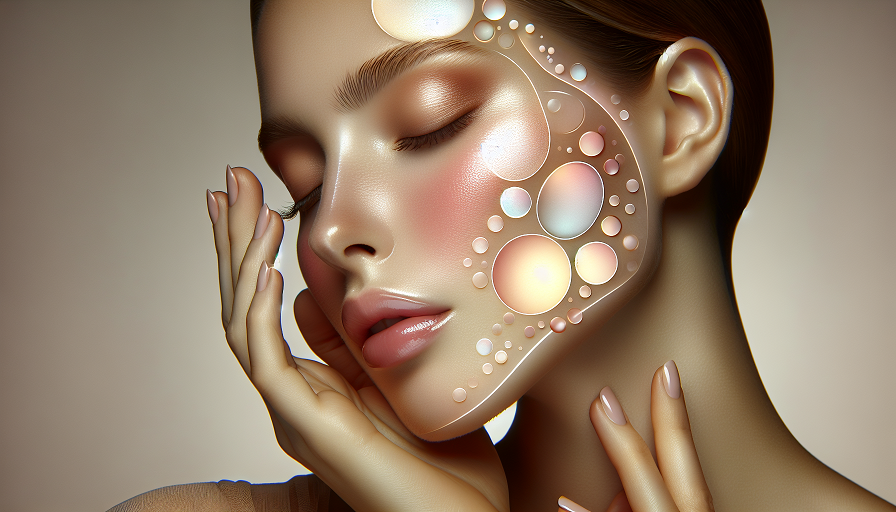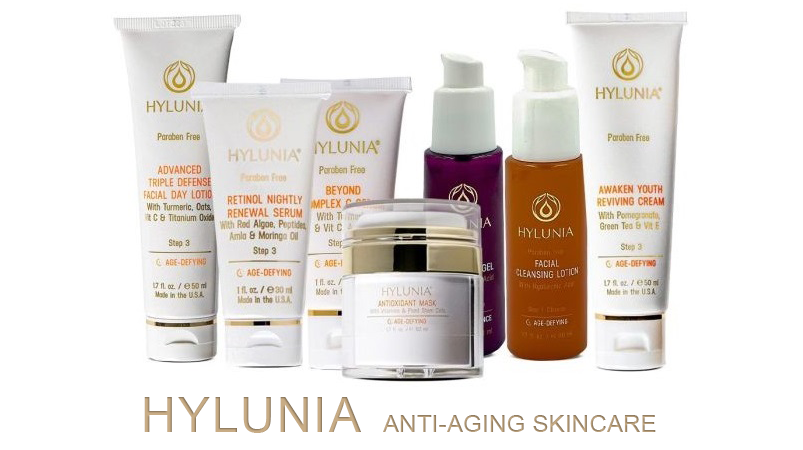
Acne can be a stubborn nuisance, but what’s often worse are the scars and marks it leaves behind. Getting clear skin is one thing; keeping it clear and scar-free is another challenge. Fortunately, with the right approach, you can prevent scarring and take great care of your skin after a breakout.
Contents
Why Do Acne Scars Form?
Acne scars form when there’s damage to the deeper layers of the skin during a breakout. When pores become clogged with oil, bacteria, or dead skin cells, inflammation occurs, and in severe cases, the pore wall breaks down. As the body tries to repair the damage, it can sometimes go overboard, leading to raised or depressed scars. Knowing the types of scars can help in managing and preventing them more effectively.
Types of Acne Scars
- Atrophic Scars: These are indentations in the skin and include ice pick, boxcar, and rolling scars. They occur when the skin doesn’t produce enough collagen during healing.
- Hypertrophic Scars: Raised scars caused by excess collagen production. These are more common with body acne.
- Post-Inflammatory Hyperpigmentation (PIH): Dark spots that remain after a breakout. Though not technically a scar, PIH can be persistent and is often a concern post-acne.
Now that we know why scars form, let’s look at how we can prevent them during and after a breakout.
Step 1: Prevention During a Breakout
When it comes to acne scars, prevention is half the battle. The way you treat active acne has a big impact on whether scars will develop. Here are a few tips to minimize scarring risks while treating active acne.
Avoid Picking or Popping Pimples
Yes, it’s tempting, but picking at pimples can turn a minor blemish into a major scar. When you squeeze or pick, you’re pushing bacteria deeper into the skin, increasing inflammation and trauma. If you feel the urge to pop, remind yourself that a few days of patience can mean a scar-free future.
Use Gentle, Non-Irritating Products
Inflammation can increase the likelihood of scarring, so choose products that won’t irritate the skin. Avoid harsh scrubs or high-alcohol toners. Instead, look for products that soothe while they treat.
Opt for Acne Treatments with Anti-Inflammatory Ingredients
- Salicylic Acid: Helps to exfoliate inside the pores and reduce inflammation.
- Benzoyl Peroxide: Kills acne-causing bacteria but can be drying; use with caution.
- Niacinamide: Reduces redness and irritation, making it great for sensitive skin.
Spot treatments are useful, but remember to apply only on the breakout area to avoid unnecessary dryness or irritation elsewhere on your face.
Step 2: Immediate Post-Breakout Care
Once the breakout has cleared, your skin still needs some extra TLC to prevent dark spots or scars. Treat your skin gently during this time to aid in its recovery.
Keep Your Skin Hydrated
Hydration is key to healing. When the skin is well-moisturized, it repairs itself more efficiently, reducing the likelihood of scarring. Choose a gentle, non-comedogenic moisturizer that won’t clog pores. Look for ingredients like hyaluronic acid and glycerin to attract and retain moisture.
Apply Sunscreen Every Day
Sunscreen is essential to prevent post-inflammatory hyperpigmentation from darkening. UV exposure can make scars and dark spots more noticeable, prolonging the time it takes for them to fade. Opt for a broad-spectrum SPF 30 or higher and reapply throughout the day if you’re spending time outdoors.
Consider Using Topical Scar Treatments
- Vitamin C: A powerful antioxidant that can brighten dark spots and promote collagen production.
- Retinoids: These can accelerate cell turnover, helping to fade post-acne marks and prevent future breakouts.
- Alpha Hydroxy Acids (AHAs): Gentle exfoliators like glycolic acid can smooth out texture over time.
Remember, introduce new treatments slowly to prevent irritation, especially if your skin is sensitive post-breakout.
Step 3: Long-Term Solutions for Reducing Scars
If you’re dealing with stubborn scars or dark spots, there are additional treatments that can help. Some are available over-the-counter, while others may require a visit to a dermatologist.
Exfoliate with Chemical Exfoliants
Exfoliating once or twice a week with a gentle chemical exfoliant like lactic acid or mandelic acid can help renew skin cells and fade scars. Avoid scrubs, which can be too abrasive and may worsen scarring.
Professional Treatments
If over-the-counter options aren’t delivering results, consider professional treatments:
- Microneedling: Tiny needles stimulate collagen production, which can improve the appearance of atrophic scars.
- Laser Therapy: Different lasers target pigmentation or stimulate collagen, making them effective for various types of scars.
- Chemical Peels: Dermatologist-administered peels can provide a deeper exfoliation to reduce dark spots and improve texture.
It’s always wise to consult with a dermatologist to determine the best course of action for your specific skin type and scarring concerns.
Supporting Skin Health from the Inside Out
Healthy skin often starts with what we put into our bodies. Here are some dietary and lifestyle tips that can help keep your skin clear and support its recovery post-breakout.
Stay Hydrated
Hydration is vital for skin elasticity and healing. Drink plenty of water throughout the day to support skin repair processes and flush out toxins that could lead to breakouts.
Eat Foods Rich in Skin-Supporting Nutrients
- Omega-3 Fatty Acids: Found in fish, flaxseeds, and walnuts, omega-3s help reduce inflammation.
- Antioxidants: Foods like berries, leafy greens, and green tea can help protect skin from damage.
- Zinc: Zinc can aid in skin healing and reduce inflammation, making it helpful for acne-prone skin.
A balanced diet rich in vitamins and minerals can aid your skin’s resilience and reduce the risk of scarring.
When to See a Dermatologist
If you’ve tried these steps and are still struggling with acne scars, don’t hesitate to reach out to a dermatologist. Persistent scars or pigmentation issues can be treated more effectively with professional guidance.
Signs You Might Benefit from a Dermatologist
- Scars Aren’t Improving: If you don’t notice any fading after several months.
- Severe Acne: A dermatologist can recommend treatments to prevent further scarring from occurring.
- Hyperpigmentation Is Persistent: Dark spots that remain for long periods may need professional treatments to fade completely.
A dermatologist can tailor a plan specifically for your skin type and scar concerns, helping you achieve the clear, smooth skin you’re aiming for.

